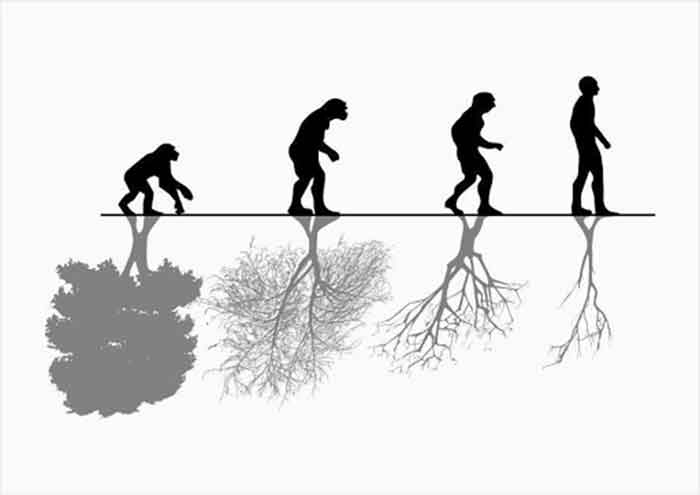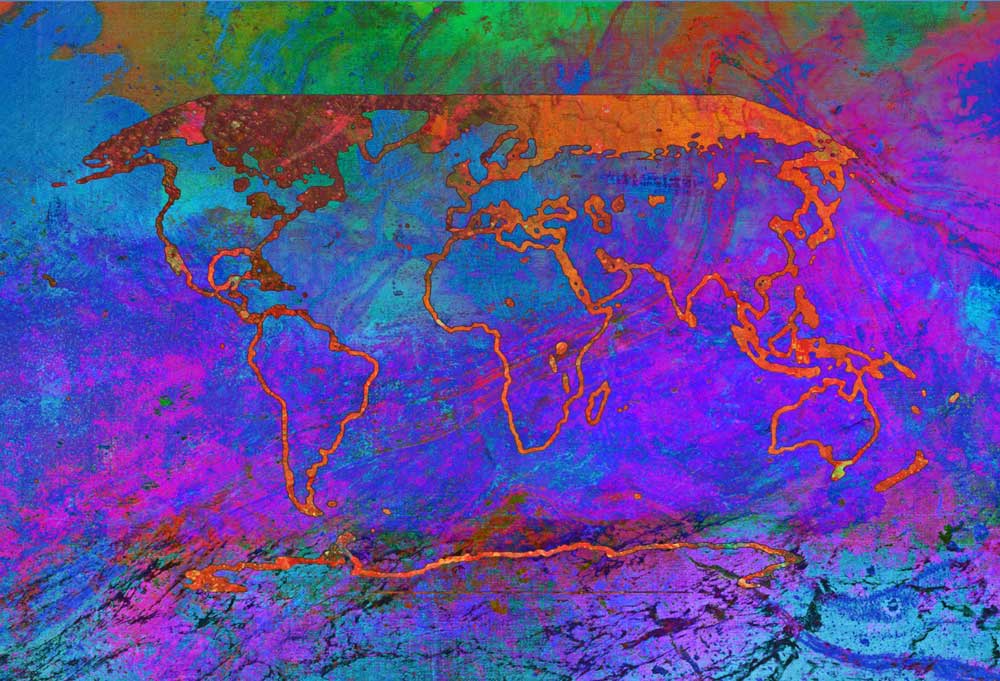The second part of the sixth IPCC assessment report just came out! I know the fans have been lining up to get a sneak preview at the enthralling 3675 pages of pure adrenaline fuelled empirical scientific content.
UN Secretary-General Antonio Gutierrez described the report as “Today’s IPCC report is an atlas of human suffering and a damning indictment of failed climate leadership. With fact upon fact, this report reveals how people and the planet are getting clobbered by climate change”. This is a pretty sobering message and it isn’t just leadership hyperbole for media one liners, scientist Hans-Otto Pörtner who is heavily involved in the research and preparation of the report stated “the scientific evidence is unequivocal: climate change is a threat to human wellbeing and the health of the planet”.
The report states that: more than 40% (that’s 3.3 – 3.6 billion people) of the world’s population are “highly vulnerable” to climate change, people exposed to deadly heat stress is projected to increase to 50% to 75% by the end of the century, 1 billion people exposed to flooding by 2050; after 1.5C warming we will pass critical levels for sea-level rise so say goodbye to the Maldives, Pacific islands, a large chunk of Bangladesh and other small low-lying islands (I might as well just type ‘etc’ here). Also if you (or your kids) want to see the majesty of coral reefs in their full glory, don’t worry, you still have a couple of decades before we completely destroy this entire global ecosystem!
Today’s IPCC report is an atlas of human suffering and a damning indictment of failed climate leadership. With fact upon fact, this report reveals how people and the planet are getting clobbered by climate change”
Antonio Gutierrez
The historically calculated and ambivalent language of science and the peer-reviewed academic world is giving way to new language, a visceral emotional lexicon. No longer are p-values, confidence intervals and causal relationships being expounded, rather we are “choking our planet” with “a code red for humanity“. The alarm bells are ringing and they are irrefutable. So the question is: has this had an impact? Has the threat that people are getting ‘clobbered by climate change right now’ really hit home for us? Do we really feel like we need to ‘buckle up’ as we are already in the midst of a rapid transformation of our global climatic system? Let’s be honest… it doesn’t seem like it.
When we think about the implications of these reports, it may seem scary or concerning, but they still don’t hit home like they should. If, like me, you understand that climate change is (‘highly likely’) the biggest threat to our global civilisation, but don’t really connect with it, then don’t worry. The timescales (minimum decades) and spatial scales (the whole damn planet!) that we have to connect with around this issue are just not easy for the homo sapien brain. We evolved to recognise and understand patterns in our immediate surroundings and we connect these to ourselves and the people around us. In a word, we understand stories. So how does our prehistoric brain deal with these issues? Well, what climate change needs is a global story that spans into the future and connects us to all people and living things around the planet… no easy feat.

Complicated science is now translated into simple to understand messages like 40% of people are “highly vulnerable”. This highly vulnerable probability is now being translated into ‘choking’, ‘clobbered’ and ‘code red’. While this can help tap into our emotional brain, there still isn’t a coherent story, one that interweaves humans and nature. Even if some sense of urgency is felt by people, soon we step away from the IPCC report and we go back to our other lives and the other ‘stories’ that are more immediate and we identify with. Being a mother or a football fan… but as a mother, what planet are you leaving for your child? As a football fan are you supporting the development of your future (or current) star players from developing nations or are you contributing to their ecological catastrophe. Interweaving climate change into our everyday stories is important in re-understanding of our integral place in a vast web of eco-system interactions, both global and local, that uses science and history to introduce into the public discourse a new consideration of who we are – a new cultural zeitgeist where we remember that we are nature just as much as the trees and other animals ‘over there’ in the wild.
This storytelling intertwined with science isn’t unheard of, Darwin’s voyage of the Beagle, Melville’s Moby Dick and Wallace’s The Malay Archipelago are all examples of this. Recently you could argue that James Lovelock’s series of books on Gaia as the sentient Earth are other examples. While Darwin’s evolution is a cornerstone of most peoples understanding of the world, climate systems (or the Gaia hypothesis) isn’t.

Amitav Ghosh a fiction writer has chastised the literary world for a lack of imagination, a dearth of new stories to tell that encapsulate climate change and that a revolutionary imagination has to keep up with the scientific findings. His book, The Great Derangement, picks apart in great detail this seeming divide between science and literature, arguing that modernity has pulled humans further away from Nature, creating a ‘partitioning’ between us and it. Nature became the domain of science and off-limits to humans and culture. While Darwin’s research revolutionised how we think about ourselves in relation to other biological beings – the tree of life – the current climate science makes us realise that we can burn down that tree – and we are the accidently arsonists.
Fundamental global changes require new stories. Stories rule our lives, they tell us who we are, bring us comfort and a sense of belonging, they determine how we relate to people, and the environment around us. The stories we tell ourselves aren’t always good, sometimes they get outdated, and sometimes they’re just down right wrong. While I’m not going to tell you what story is right or wrong, they are just stories after all, but maybe asking yourselves these questions can help you decide if we need some new stories… can we maintain a healthy global ecosystem to support us while simultaneously creating the sixth mass extinction? Can isolationist national stories deal with global drivers of climate change? Can we continue to consume more and more stuff to drive economic growth and simultaneously reduce our impact on our planet? Finally, and perhaps most fundamentally, are we being good stewards to other living beings, the planet and future generations?
As the old saying goes “a society grows great when old men plant trees in whose shade they know they shall never sit” … makes me wonder what happens to a society where ‘old men’ chop all the trees down having enjoyed the shade for their whole lives.
